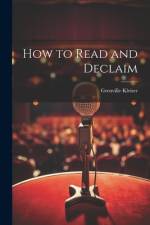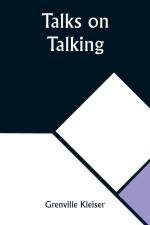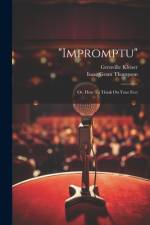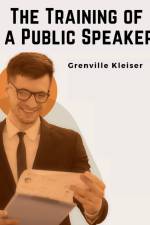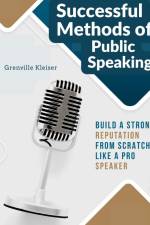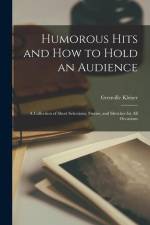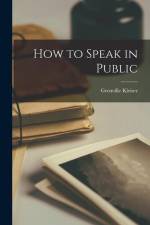av Grenville Kleiser
241
The power of eloquence to move and persuade men is universally recognized. To-day the public speaker plays a vital part in the solution of every great question and problem. Oratory, in the true sense, is not a lost art, but a potent means of imparting information, instruction, and persuasion. Eloquence is still "the appropriate organ of the highest personal energy." As one has well said, "The orator is not compelled to wait through long and weary years to reap the reward of his labors. His triumphs are instantaneous." And again, "To stand up before a vast assembly composed of men of the most various callings, views, passions, and prejudices, and mold them at will; to play upon their hearts and minds as a master upon the keys of a piano; to convince their understandings by the logic, and to thrill their feelings by the art of the orator; to see every eye watching his face, and every ear intent on the words that drop from his lips; to see indifference changed to breathless interest, and aversion to rapturous enthusiasm; to hear thunders of applause at the close of every period; to see the whole assembly animated by the feelings which in him are burning and struggling for utterance; and to think that all this is the creation of the moment, and has sprung instantaneously from his fiery brain and the inspiration imparted to it by the circumstances of the hour; this, perhaps, is the greatest triumph of which the human mind is capable, and that in which its divinity is most signally revealed." The aims and purposes of speaking to-day have radically changed from former times. Deliberative bodies, composed of busy men, meet now to discuss and dispose of grave and weighty business. There is little necessity nor scope for eloquence. Time is too valuable to permit of prolonged speaking. Men are tacitly expected to "get to the point," and to be reasonably brief in what they have to say.

